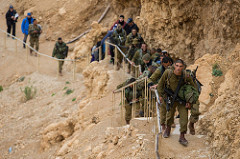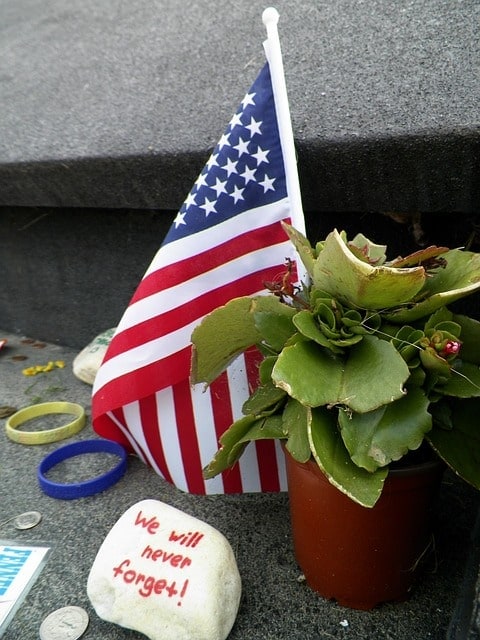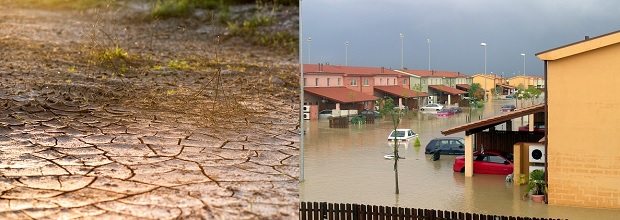“Never again.” Loaded with nuance, I have a hard time with these words.

I first encountered them as a slogan in 1977, while visiting Masada in Israel. Masada is the mountain site of one of King Herod’s palace complexes, better known these days as the site where Israelite resistance fighters had taken refuge from the Roman army. After a long siege, the Romans breached the walls and the rebels committed suicide to avoid capture and enslavement. Since the establishment of the modern state of Israel, members of the Israeli military forces have hiked the 1148 ft. elevation via the Snake Path to pledge Never Again, in memory of the rebels and of the victims of the Holocaust.
I had already visited Auschwitz four months earlier, and totally understood the sentiment. But I also had some problems with the idea even then. You see, during my time in Israel, I had seen more than the usual tourist areas.
On a study tour through a Christian college in Jerusalem, we saw many historical sites not on the usual itinerary. Our bus driver was an Arab, non-practicing of any religion, but nominally Islamic. Most of the staff at the school were Christian Arabs. So when we saw places that had once been Arab villages razed for security purposes, and read about the struggles Arab farmers had retaining their land in the face of militant Israeli groups wanting to take them over for Kibbutz and other developments, the statistics had faces and people behind them. The situation was – and still is – complicated and messy, far beyond simple slogans.
Not only that, but word of the killing fields in Cambodia had reached the west by then. If anyone could identify with the genocide occurring under the Khmer Rouge, it would be the Israelis. Yet they were as silent as the rest of the world. It disturbed me then and still does.

So when I saw a piece on TV about the new Tower of Voices bell tower at the 9-11 memorial for Flight 93 in Pennsylvania, I had mixed feelings. I want to see the memorial if I ever get that way. There’s a stark beauty to the place that spoke to my soul even through the electronic medium. The heroism of those every-day people needs to be remembered and honored. But one video shot which showed a gentleman (a family member, I think), wearing a T-shirt that said, “We Will Never Forget,” dropped me into dissonance. My mind heard “Never Again.”
September 11, 2001 threw us into a war in Iraq that had more to do with political revenge than genocide, despite the mass killings of Kurds and others in that country. To this day, the Taliban continue their reign of terror in Afghanistan despite our best efforts. (We should have learned from the Soviets’ failure, but arrogance knows no political boundaries.) Rwanda’s civil war, Myanmar’s dictatorship, Jordan’s open genocide of its own people have all been met with lukewarm resistance at best, and slight hand-wringing at worst.
These days you hear Never Again every time there’s a school shooting or other mass casualty event. Anti-gun groups have co-opted it, driving another wedge into the great American debate, as if gun owners don’t care about children. But Never Again always seems to apply only to the group saying it. Us versus Them is alive and well. But that is a problem. We are no longer a world where Us versus Them serves anyone well. We are more interconnected – and therefore interdependent – than ever before.

The most ardent isolationist in Alaska breathes air contaminated by China. Dust from the Sahara reaches Europe and Texas. Antarctica suffers changes in the ozone layer along with particulate pollution from other areas of the world. And those are just physical connections. Economic connections are more pervasive. Food, clothes, metals, electronics, skills – all are interconnected. Even North Korea is unable to survive without assistance from others, such as China.
Remembering is good. And necessary for so many reasons. But today, as a species, we face threats from Mother Nature as great or greater than that of nuclear war. With the vast majority of the human population facing loss of their coastal habitat sooner than later, and the changes in temperatures and rainfall challenging food production around the world, we need to work together to survive. Yet here we are, bickering over tariffs and refugees, Us versus Them, not seeing that we are all Us. The bell tolls for all of Us. Never Again only has meaning when it applies to All of Us.
